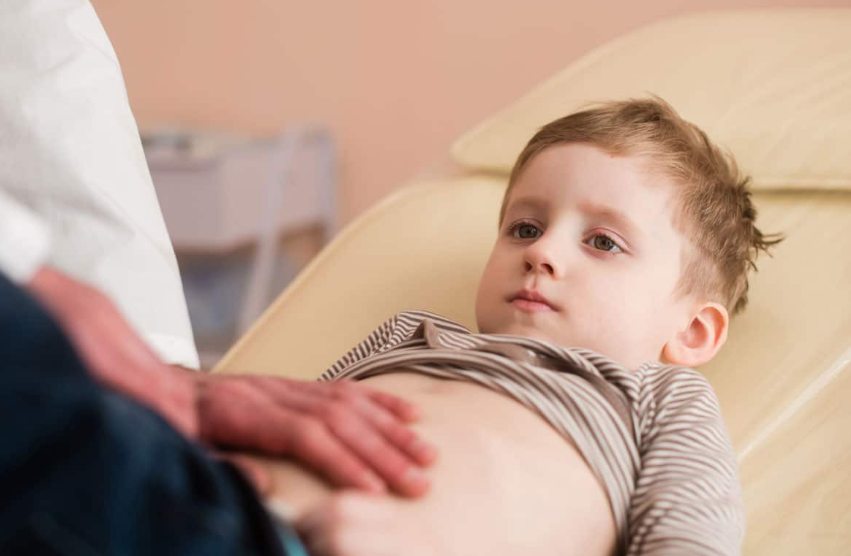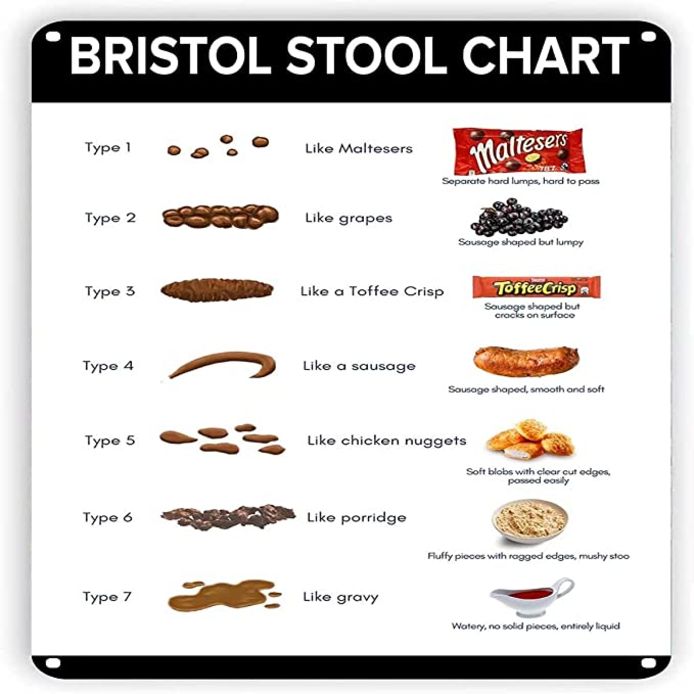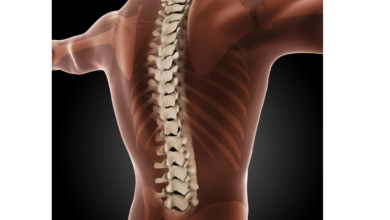
Wanneer Dokter Bellen Bij Buikpijn Kind
If your child has severe or persistent stomach pain, call the doctor immediately to determine the cause and receive appropriate treatment. Abdominal pain in children can be a sign of various health issues, so it’s crucial to seek medical advice promptly.
Understanding when to contact a healthcare provider can help ensure your child’s well-being and alleviate any concerns you may have. Prompt communication with a doctor when your child complains of stomach pain can help in timely diagnosis and management of any potential conditions.
This article outlines key factors to consider regarding when to contact a healthcare professional for your child’s abdominal discomfort.

Credit: www.ad.nl
Common Causes Of Childhood Abdominal Pain
Abdominal pain in children can be a cause of concern for parents as it can be a sign of various underlying conditions. While some instances of stomachache can be managed at home with rest and care, there are certain situations when it’s crucial to consult a doctor. In this article, we will explore the common causes of childhood abdominal pain that may require medical attention. It is important to remember that proper diagnosis by a healthcare professional is essential to provide the appropriate treatment.
Acute Gastroenteritis
Acute gastroenteritis, commonly known as stomach flu, is a common cause of abdominal pain in children. It is usually caused by a viral or bacterial infection and manifests in symptoms such as diarrhea, vomiting, and stomach cramps. The discomfort and pain experienced can range from mild to severe. It is crucial to monitor the child’s symptoms, especially if they persist for more than a day or if other symptoms worsen. Dehydration can be a potential concern, so ensure proper fluid intake and seek medical advice if necessary.
Constipation
Constipation is another common cause of abdominal pain in children. When a child experiences difficulty in passing stool or has infrequent bowel movements, it can lead to discomfort and pain in the abdomen. Symptoms may include straining during bowel movements, hard or pellet-like stool, and bloating. Encouraging a healthy diet rich in fiber, increasing water intake, and physical activity can often help relieve constipation. However, if the child’s condition does not improve or worsens, it is advisable to consult a healthcare professional for further evaluation and guidance.
Urinary Tract Infection
Urinary Tract Infection (UTI) is an infection that occurs in any part of the urinary system, including the kidneys, bladder, ureters, and urethra. Children experiencing UTI may complain of abdominal pain, frequent or painful urination, and a sense of urgency to urinate. It is important to seek medical advice promptly to prevent the infection from spreading and causing complications. The doctor may recommend a urine test to confirm the presence of a UTI and prescribe antibiotics if necessary.
Appendicitis
Appendicitis is a condition characterized by inflammation of the appendix, a small pouch located in the lower right abdomen. It commonly affects older children and teenagers. Symptoms of appendicitis include severe pain in the abdomen, specifically in the lower right side, loss of appetite, nausea, and vomiting. If suspected, immediate medical attention is crucial as untreated appendicitis can lead to a ruptured appendix, which can be life-threatening. The doctor will conduct a physical examination and may order additional tests, such as blood tests or imaging, to confirm the diagnosis.
When To Seek Medical Attention
In case your child complains of stomach pain, it is important to know when to seek medical attention. If the pain is severe, persistent, or accompanied by other concerning symptoms, contacting a doctor is recommended to ensure proper evaluation and treatment.
Trust your instincts and prioritize your child’s well-being.
When to Seek Medical Attention Persistent or Worsening Pain If your child experiences persistent or worsening abdominal pain, it is crucial to seek medical attention promptly. This type of pain may indicate a more serious underlying issue and should not be ignored.
Severe Abdominal Pain Severe abdominal pain that is not alleviated by common remedies warrants immediate contact with a doctor. This could be a sign of a more serious condition that requires professional medical evaluation and treatment.
Fever and Vomiting In the presence of fever and vomiting alongside abdominal pain, it is essential to contact a healthcare provider. These symptoms could be indicative of an infection or other medical concern that requires attention.
Blood in Stool or Urine If you notice the presence of blood in stool or urine along with abdominal pain in your child, it is imperative to consult a doctor urgently. This combination of symptoms could be indicative of a serious medical condition that requires immediate evaluation and treatment.
Home Remedies For Alleviating Abdominal Pain
When your child experiences abdominal pain, it can be a cause for concern. However, there are simple home remedies that can help alleviate the discomfort they feel. From offering plenty of fluids to using heat or cold compresses, here are some ways you can provide relief for your child:
Offering Plenty Of Fluids
Encourage your child to drink water or clear fluids to prevent dehydration and aid in digestion.
Encouraging Rest
Ensure your child gets enough rest to allow their body to recover and heal naturally.
Using Heat Or Cold Compress
Apply a heat pack or a cold compress to the affected area to help reduce inflammation and soothe the pain.
Administering Over-the-counter Pain Relievers
If needed, you can give your child over-the-counter pain relievers like acetaminophen to help alleviate the pain.
Signs Of Emergency That Require Immediate Medical Attention
Recognizing the signs of emergency that require immediate medical attention in children experiencing abdominal pain is crucial for ensuring their well-being. These indicators can help parents and caregivers determine when to call a doctor promptly.
Inability To Pass Gas Or Stool
If a child is unable to pass gas or stool, it could signify a blockage or obstruction in the digestive system, which requires urgent medical evaluation and intervention.
Abdominal Distention
Abdominal distention refers to the swelling or bloating of the belly, indicating a potential underlying issue that needs immediate medical assessment to prevent any complications.
Severe Abdominal Swelling
Severe abdominal swelling is a concerning symptom that could indicate a serious condition such as appendicitis or intestinal blockage, warranting prompt medical attention to prevent further complications.
Unresponsiveness Or Lethargy
If a child shows signs of unresponsiveness or lethargy along with abdominal pain, it may be indicative of a severe underlying issue that requires immediate medical evaluation to ensure their safety and well-being.
Questions To Discuss With The Doctor
When seeking medical advice for your child’s abdominal pain, it’s essential to have a clear understanding of the symptoms and related factors. Consider discussing the following key aspects with the doctor:
Duration And Frequency Of Abdominal Pain
Talk to the doctor about how long the abdominal pain has been troubling your child and how frequently it occurs. Be prepared to provide specific details to assist in the diagnosis.
Location And Intensity Of The Pain
Describe the exact location of the pain and how intense it is. Is the pain centralized in one area or does it radiate to other parts of the abdomen? This information can aid in pinpointing the potential cause.
Other Associated Symptoms
Inform the doctor about any other symptoms that accompany the abdominal pain, such as nausea, vomiting, fever, or changes in bowel habits. These additional symptoms can offer valuable insights for the diagnosis.
Recent Changes In Diet Or Routine
Discuss any recent alterations in your child’s diet or daily routine. Changes in eating habits or activities might be linked to the onset of abdominal pain, providing important clues for the doctor to consider.

Credit: huisartsenpraktijkhartvanhatert.nl
Conclusion
It’s important to pay attention to your child’s belly pain and know when to call the doctor. Understanding the signs and symptoms and seeking timely medical attention can make a significant difference. By staying informed and proactive, you can ensure the health and well-being of your child.
Trust your instincts and seek medical help when in doubt.




